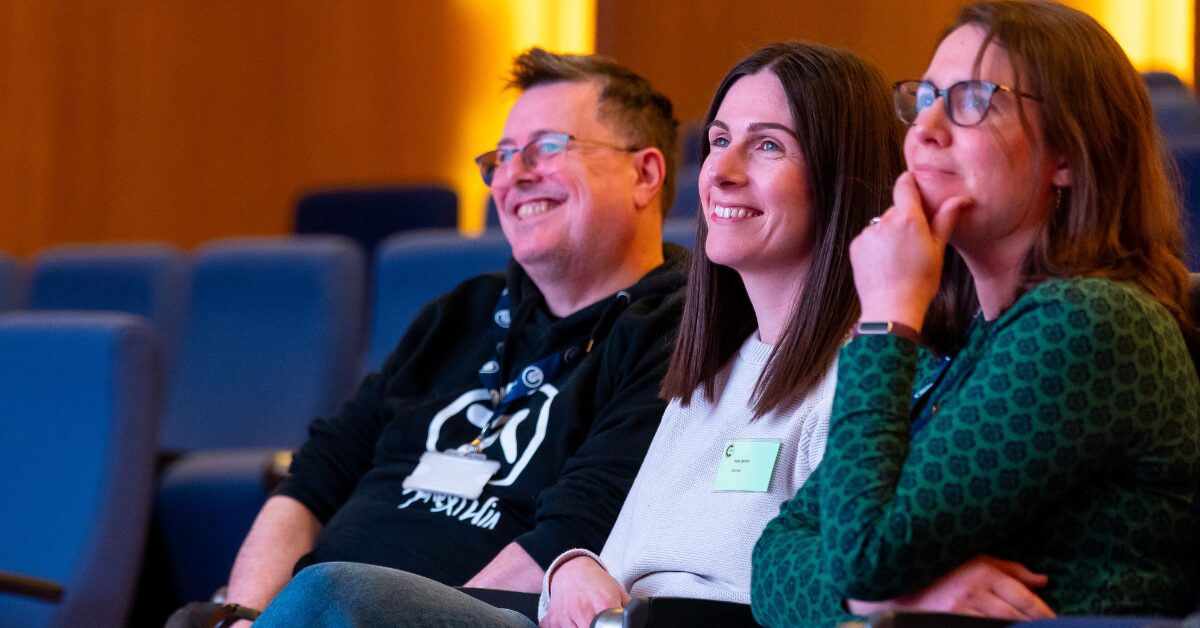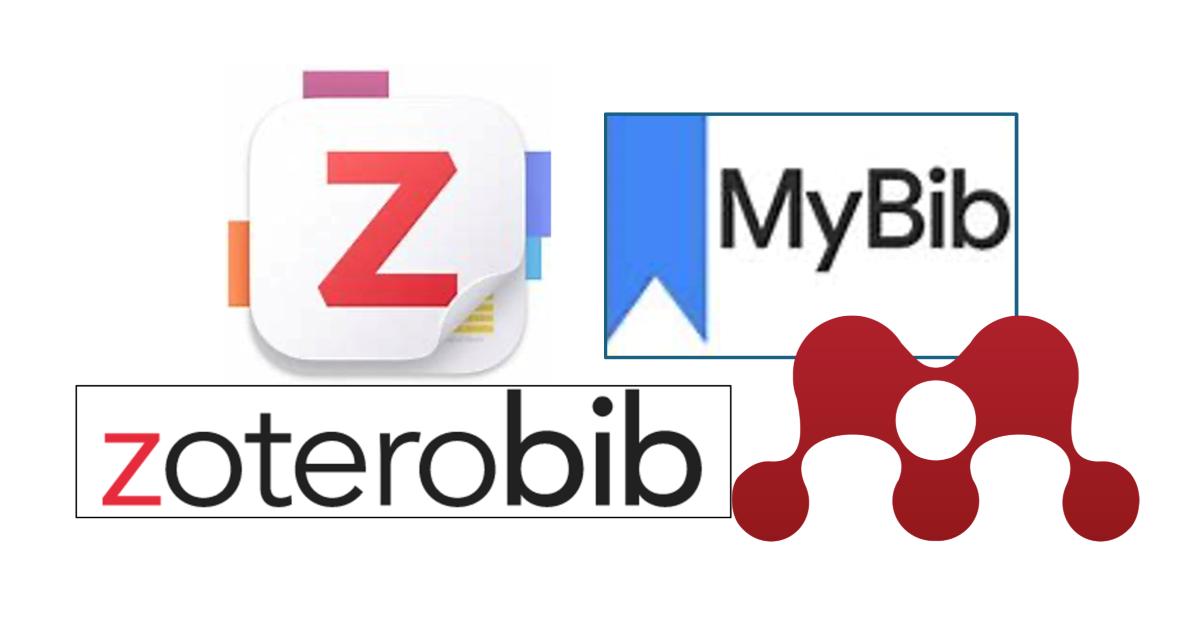“A goal without a plan is just a wish” – the requirement for data plans
08/11/2016

When Antoine de Saint Exupéry said “a goal without a plan is just a wish”, he probably wasn’t thinking about data management plans (DMPs), but he certainly knew the importance of planning. So does Cranfield University: our research data management policy (pdf) says that all research projects should have a DMP in place, and a DMP is required by most research funders, such as all RCUK councils. Additionally, all doctoral students registered from 1 October 2016 must use a DMP to support their project, and this will be discussed in review meetings with supervisors.
But a DMP is not something to do just because you have to – you should write a DMP because it helps you save time. You’re likely to be working with data a lot during your research project: creating or collecting it, processing and analysing it, storing it safely, and sharing it at the end of your project. There are therefore many aspects of data administration that need to be addressed, and thinking about these at the outset of your project will let you plan your data processes much more efficiently. For example:
- Anonymisation: if you’re collecting personal data, how much anonymisation is needed in order to publish it at the end? Considering this early means you might save time by limiting the recording of personal data, and highlighting personal data whilst transcribing interviews, instead of having to review them all in detail again later on to identify the personal elements.
- Consent: have you made sure the consent form covers everything necessary, e.g. data collection and also data sharing? If your publisher/funder requires you to share anonymised data, you don’t want to have to spend time going back to participants with an extra consent form. (There’s a template form (docx) on the intranet.)
- File formats: what format will you need to publish your data in? Think about this early so you can create it in that format, to avoid any time demands of needing to convert all your files later on – and then fixing anything that went wonky in the conversion!
- Data sharing: if you have any RCUK funding, you’ll be expected to share your data. However, if you’re using any data from commercial partners or other third-party sources, you may not be able to share it. Planning from the outset which data can be open allows you to address any barriers and store data separately according to its access, so that sharing at project end is quick and efficient.
There are many such elements that are all dealt with in a DMP. Planning your processes efficiently will save you time later on and hopefully avoid any potential hiccups or delays in your research. But you don’t have to start from scratch – see our DMP intranet page for guidance, as well as templates that take you through exactly what you need to consider in a DMP. We’re also starting to run DMP workshops during which you can write your DMP; sign up in the DRCD diary (for research students) or the L&D diary (for staff, including training for supervisors on reviewing students’ DMPs). And you can also send your draft DMP to researchdata@cranfield.ac.uk and we’ll be happy to review it and offer advice (even for very early stages such as a DMP for submission with a research proposal).
Public domain image from Unsplash.com
Categories & Tags:
Leave a comment on this post:
You might also like…
A beginner’s guide to sourcing a company beta
Beta is the measurement of a company’s common stock price volatility relative to the market. If you’re trying to find a current beta for a company there are a number of places to look. These ...
Credibility, confidence and collaborative focus: The impact of studying for a sustainability apprenticeship at Cranfield
For participants on Cranfield’s Sustainability Business Specialist Apprenticeship, it doesn’t take long for their studies to start to have an impact, with that impact ranging from personal growth and career progression, to organisational effect ...
Meet Mendeley: a powerful referencing tool that does the hard work for you!
Are you looking for a way to manage your references, create in-text citations and reference lists for your assignments or thesis? If so, you may wish to consider using Mendeley. What is it? Mendeley is ...
Adding documents to your Mendeley account
To make the most of a Mendeley account, it is useful to create and maintain a ‘Library’ of references. You can add references and documents to this Library in a number of ways: 1) Drag ...
Choosing the right reference management tool for you…
Are you thinking about using reference management software to help you manage your references? The Library is here to help you. While Mendeley has been our go-to reference management software for some years, we've recently ...
Cranfield Seed Fund recipient, Cosysense, are using AI to solve air conditioning problems and provide a net zero alternative
If you’ve ever worked in an office environment you’ve probably been involved in, or overheard, a conversation about the air conditioning. Well, it’s no surprise it’s a common complaint when research shows that up ...






